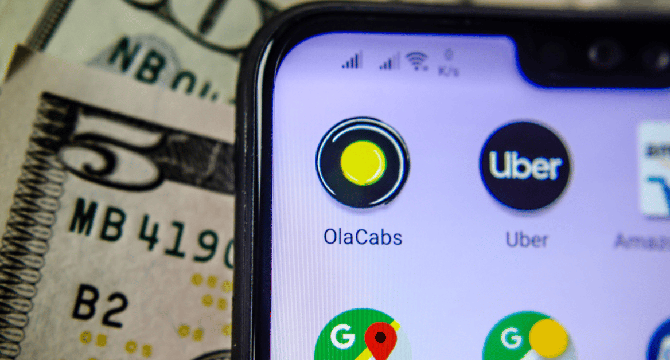Inc42
3w
202

Image Credit: Inc42
Ola, Uber, Rapido To Seek GST Clarity On Their SaaS Model: Report
- Ride-hailing platforms like Ola, Uber, and Rapido are seeking clarity on GST for their SaaS model from the CBIC following conflicting rulings from the Karnataka AAR.
- The ride-hailing firms will approach the CBIC due to allegations that the Karnataka AAR's decision is distorting competitive parity in the sector.
- These platforms have shifted to a subscription-based model to minimize GST liability, where drivers pay a fixed platform fee instead of ride commissions.
- Ola recently launched a SaaS-based zero commission model for cab drivers, allowing them to retain 100% of their earnings by subscribing to a daily or monthly pass.
- Rivals like Rapido and Namma Yatri had already introduced similar SaaS models for their auto drivers last year.
- While some SaaS platforms have been exempted from GST by the Karnataka AAR, others are deemed liable, creating inconsistency and challenges.
- Uber challenged this inconsistency arguing it leads to unfair competition and ambiguity in tax law interpretation.
Read Full Article
10 Likes
For uninterrupted reading, download the app